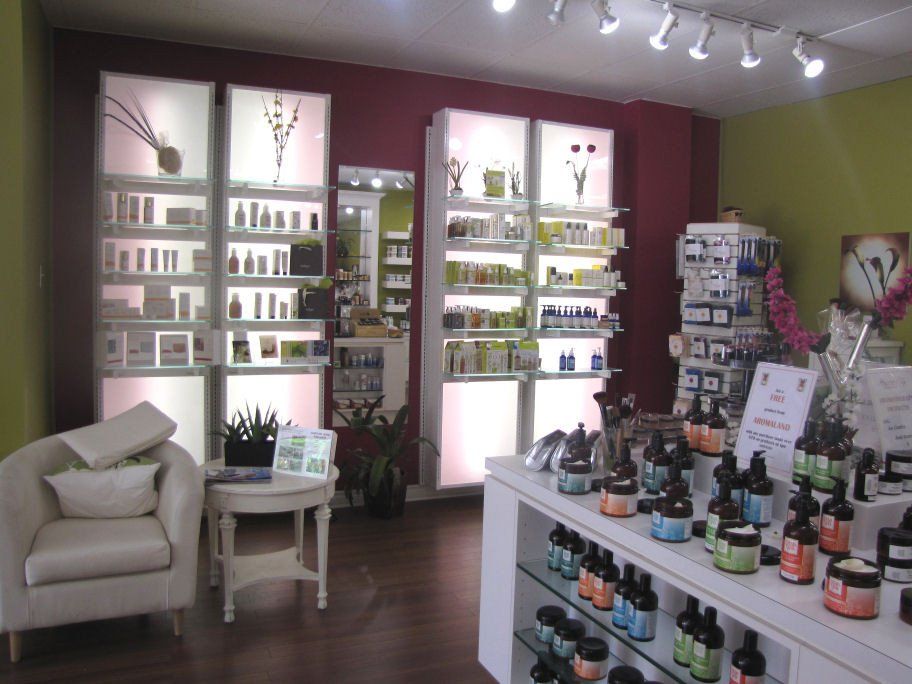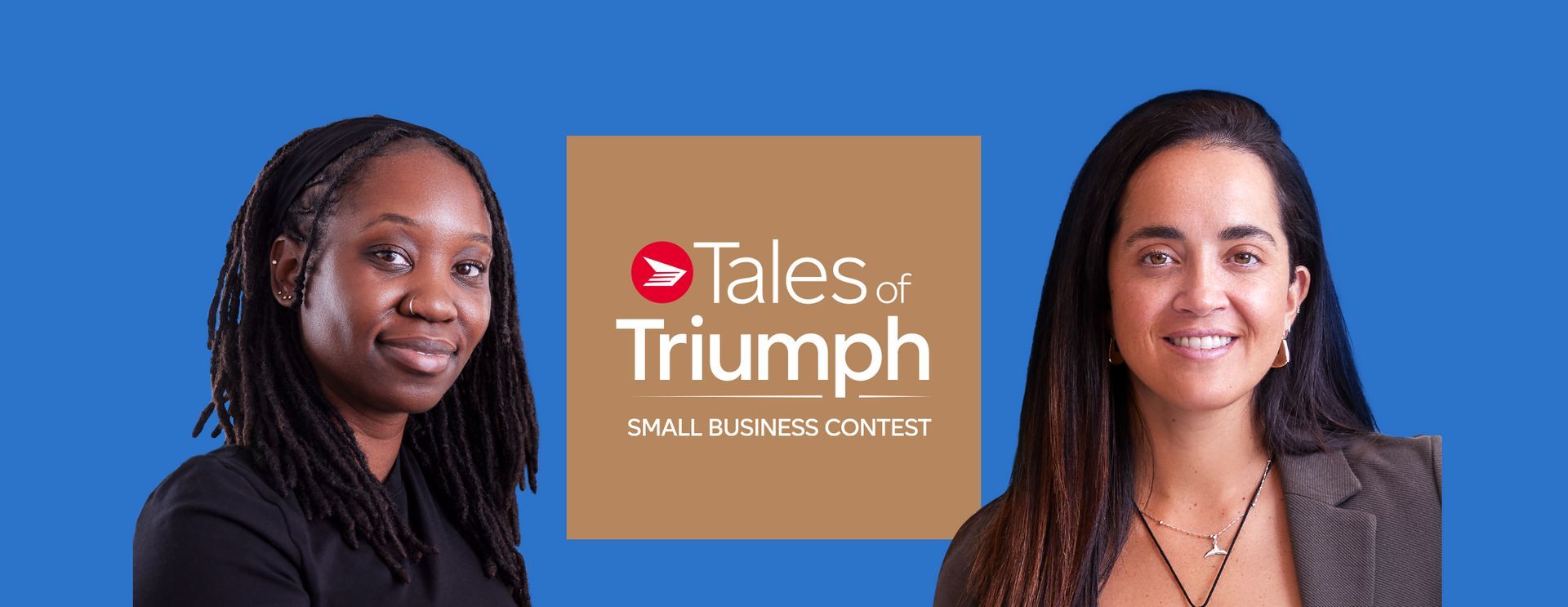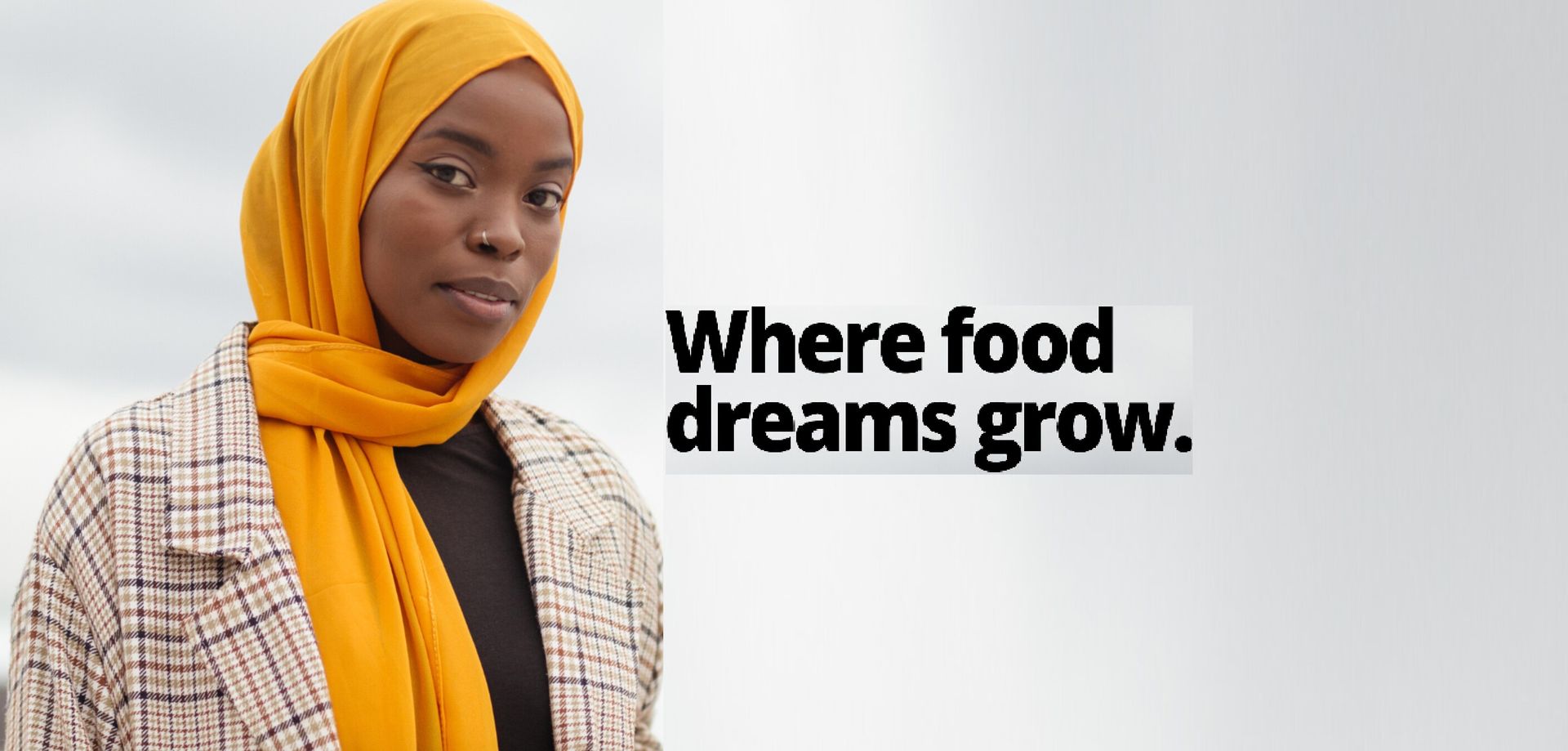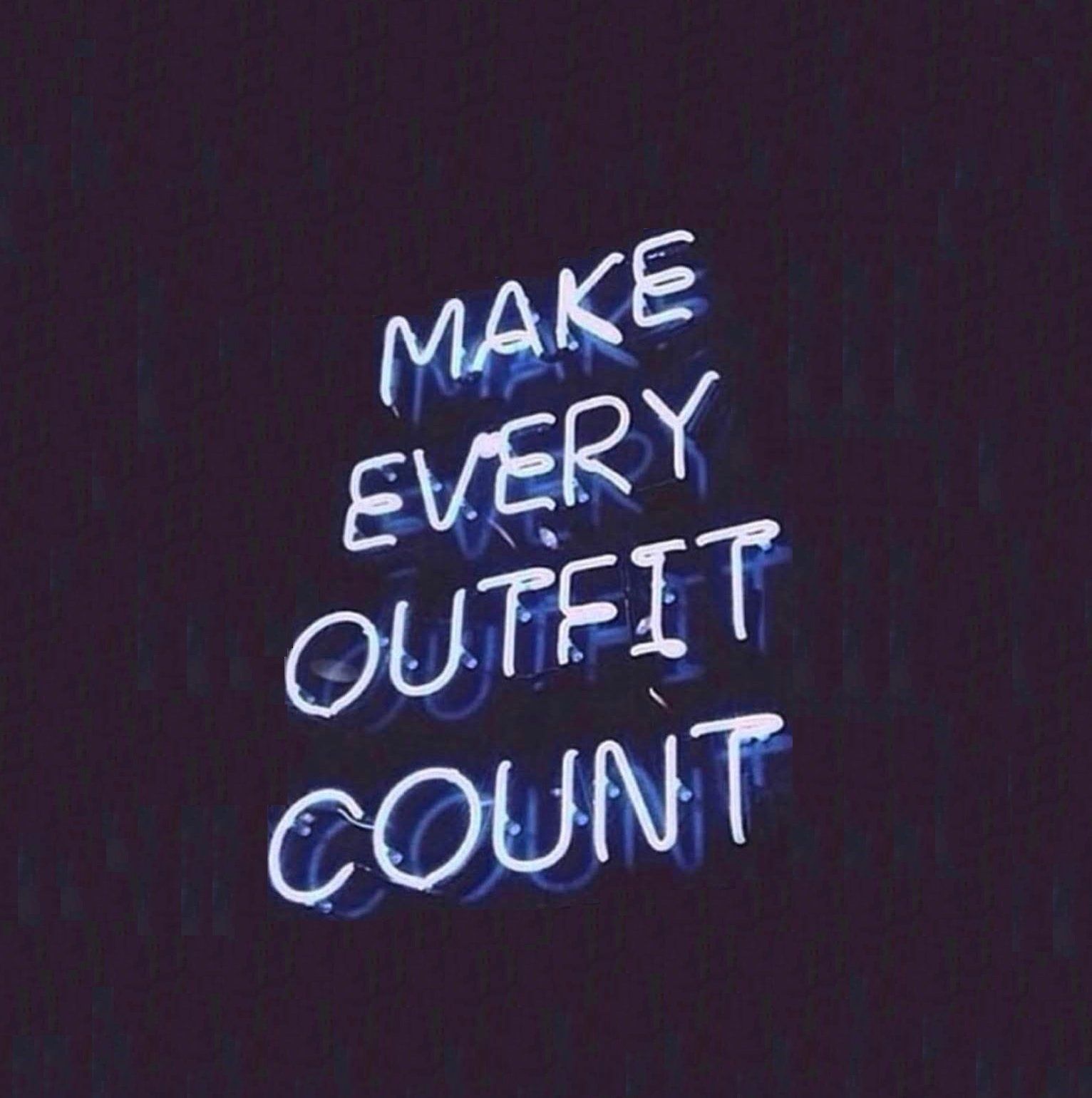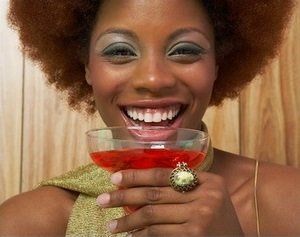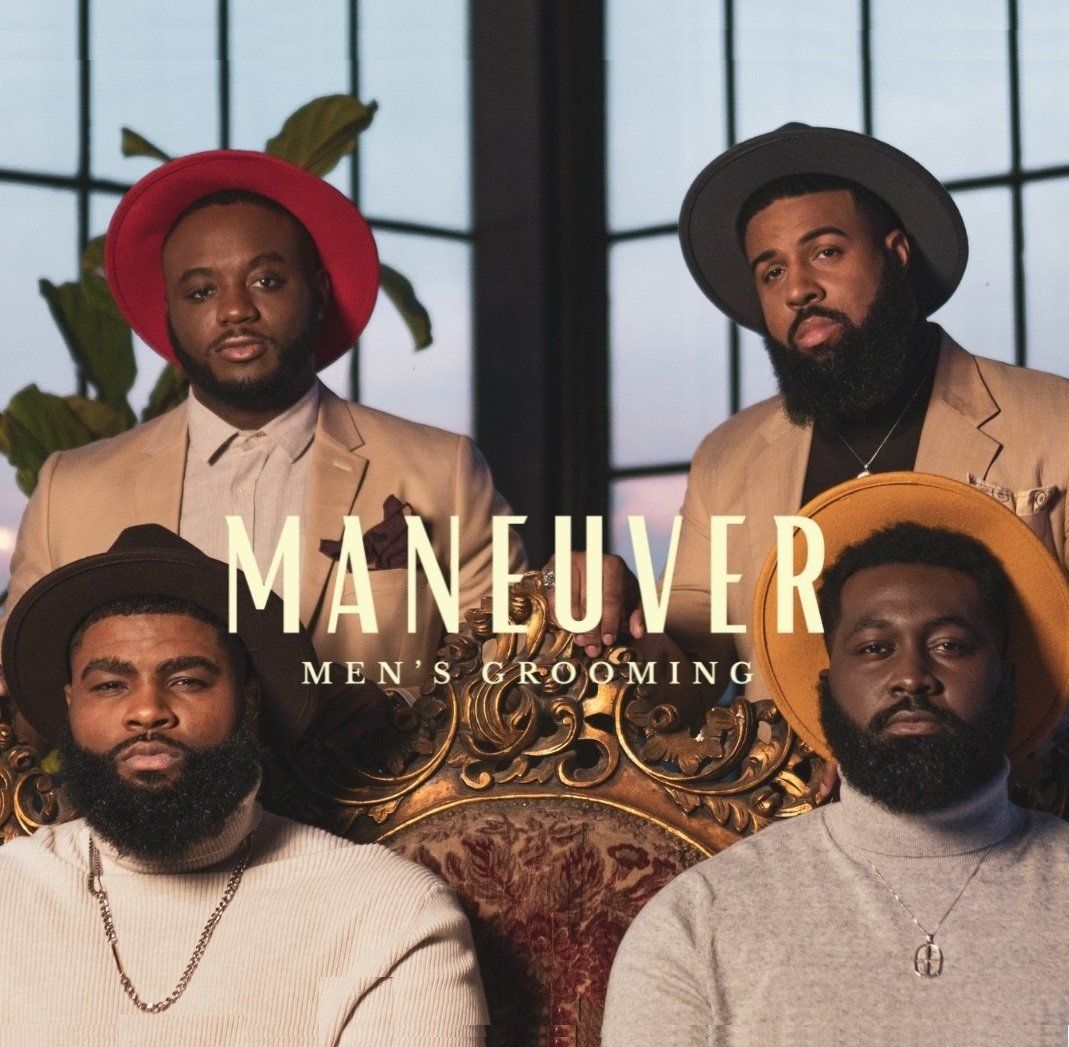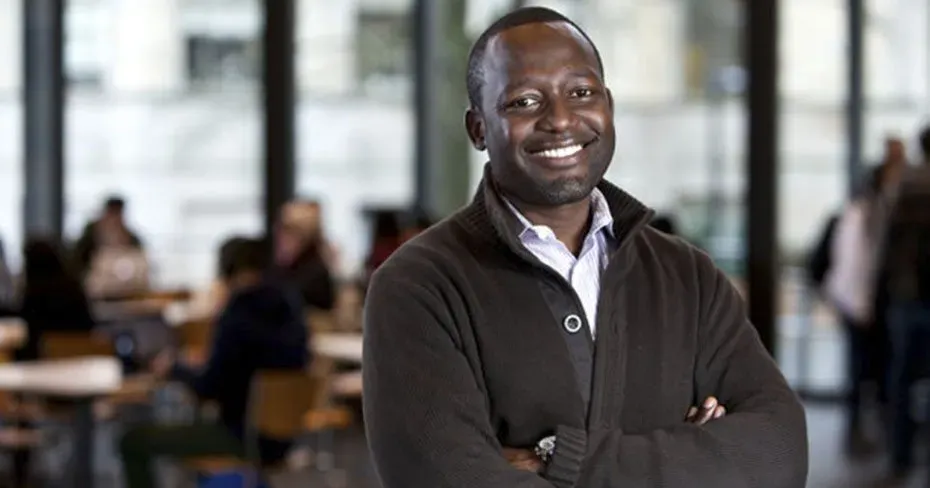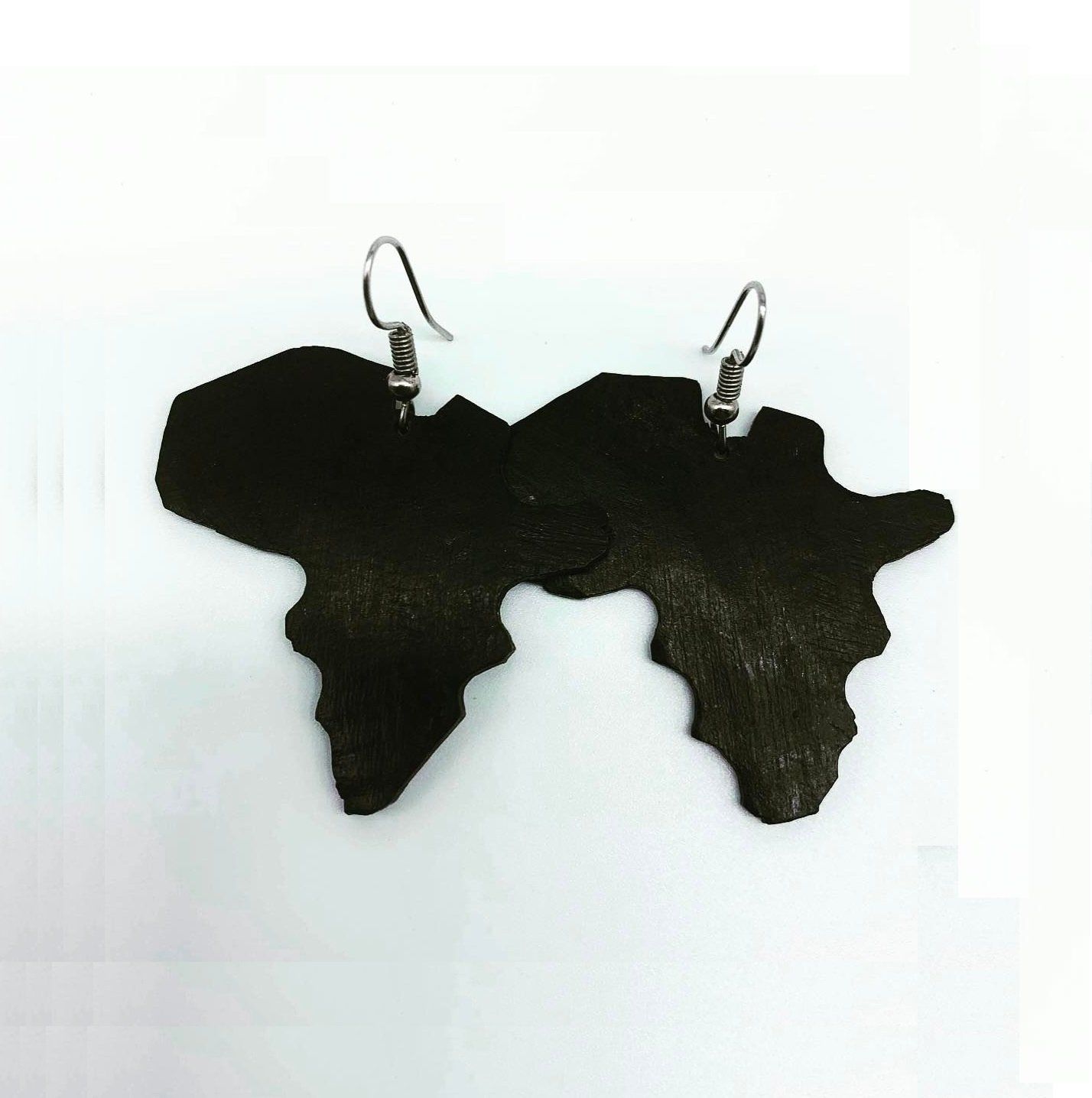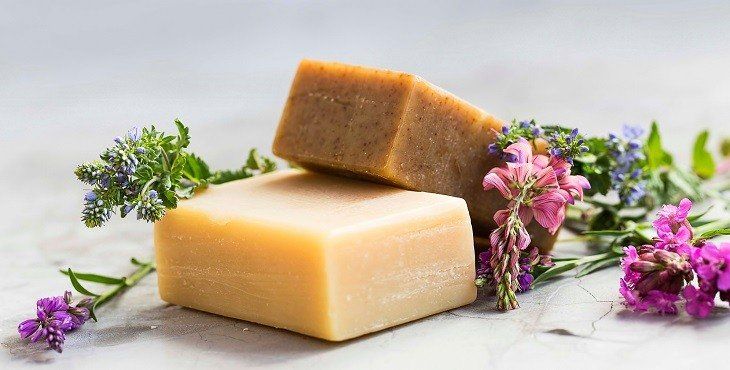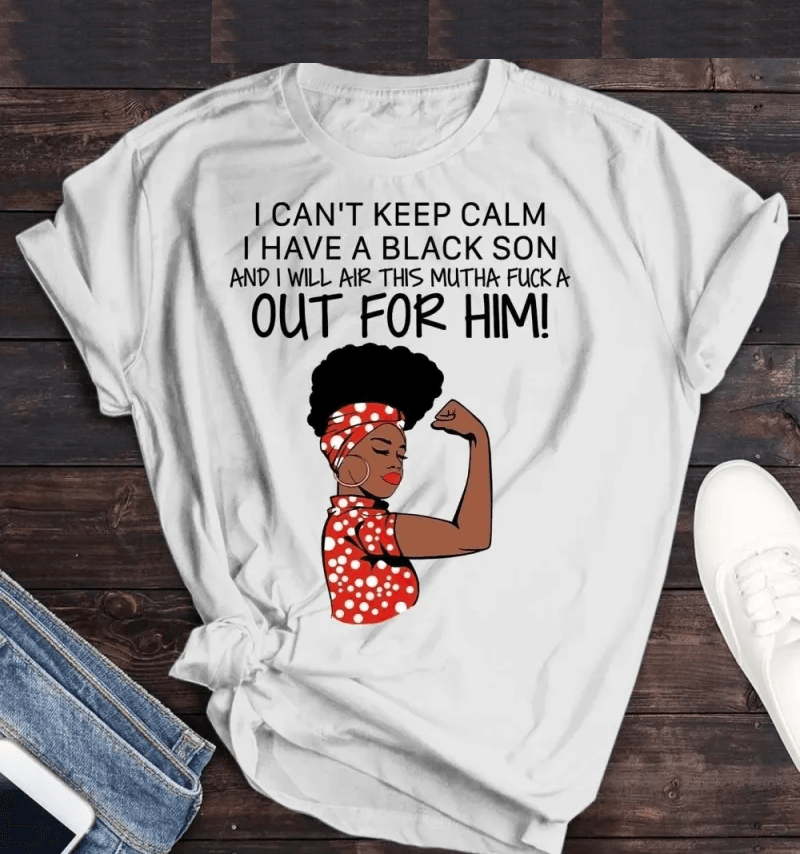The big chop: How black women are embracing their natural hair
Every eight weeks for nearly two decades, Sophia Kemeh sat patiently while a relative or hairdresser applied relaxer to her hair. The hair-straightening agent burned, but Kemeh, an occupational therapist in Vernon, B.C., thought there was no alternative for styling her hair.
One day, though, a fellow student suggested that the curly, natural look might not be so bad after all. After a year of deliberation, Kemeh walked into a barber shop and told the hairdresser to cut off her straight hair.
“I only had about two inches at the end of it,” she recalls.
Kemeh is not alone. Across Canada, black women are shaving their heads and embracing their curly roots.
The “big chop,” as many call it, reflects a widespread desire among black women to revert to their natural hair texture instead of relying on once-popular relaxers.
Many tout their decision as evidence of a new-found sisterhood and self-acceptance. And there’s an extra bonus too: the women report their hair is much healthier now.
“It’s the authentic me,” says Osas Eweka-Smith, a communications specialist in Edmonton.
Relaxers, laden with chemicals, can cause irreversible damage to scalp and hair, says Dr. Renee Beach, head of the hair loss clinic at Women’s College Hospital in Toronto.
“Some of the effects of relaxers are chemical burns and irritant dermatitis, which is just a form of eczema,” she says. “You could get burned so badly that those hair follicles are in fact destroyed.”
Beach treats these problems regularly in her Toronto clinic, but says she sees fewer cases these days as natural hairstyles become more popular.
Windsor, Ont., hairdresser Angelina Ebegbuzie has walked many women through the drastic cut, especially during the winter months.
“The big chop usually happens in the winter time, because there’s no humidity so it doesn’t affect the hair much,” she says.
The process can be emotionally difficult for women who have spent years believing that only straight hair can be attractive.
“Some of them will chop only a little at a time,” Ebegbuzie notes.
For those who take the plunge, doubts can set in. Kemeh says some African women in her Brampton, Ont., community disapproved.
“They were like, ‘Why did you cut your hair? It was so long. How are you going to find a husband now with your hair?’
“I was like, maybe this is not the right decision,” Kemeh says. “But it was already done. And I just enjoy having short hair.”
Ebegbuzie estimates that fewer than one in five women return to relaxers. When she opened her Entice Salon in Windsor seven years ago, she applied 20 to 30 relaxers a week. Now it’s down to only five to six a month.
“This is about another way of exploring my hair,” says Kemi Adeodu, a teacher who first considered going natural while she was a student at Queen’s University in Kingston, Ont., and heard a lecture about black people’s experiences in Canada.
Udy Mackenzie, a graduate student in Halifax, went curly three years ago after chatting with her husband, who was concerned about the harmful side effects of straighteners.
“He said, ‘If the people who put it on you have to wear gloves and sometimes masks, why are you putting it on your scalp?”‘ she recalls.
The couple ended up making a deal: she would stop perming her hair if he would cut his consumption of energy drinks.
As more women throw out their straightening agents, demand for natural hair products has soared, says Marlene Robinson, founder of HoneyFig, a natural beauty store in Toronto.
“Overall throughout the last 10 years that we’ve been (in business) it has gained nothing but momentum.”
Eweka-Smith has started natural hair shows in Edmonton and Halifax in response to the demand that she encountered as an organizer of Nappy Roots Beauty, a social group for like-minded black women in Edmonton. She says the inaugural show in 2016 drew 400 attendees and 40 vendors.
“It has become a sisterhood — there are people going through a divorce, looking for a job, or new in town and looking for apartments.”
Part of the sisterhood, though, is recognizing that curls are not for everyone. Ebegbuzie always asks clients a series of questions, and then goes over the benefits and the challenges of curly hair. She says she knows of women who switch from straight to curly only because they want to fit in.
Adeodu says she’s careful not to stoke such prejudices.
“I don’t refer to relaxer as ‘creamy crack.’ I felt it was diminishing to people, saying they’re addicted to something. Everyone has their reasons.”

